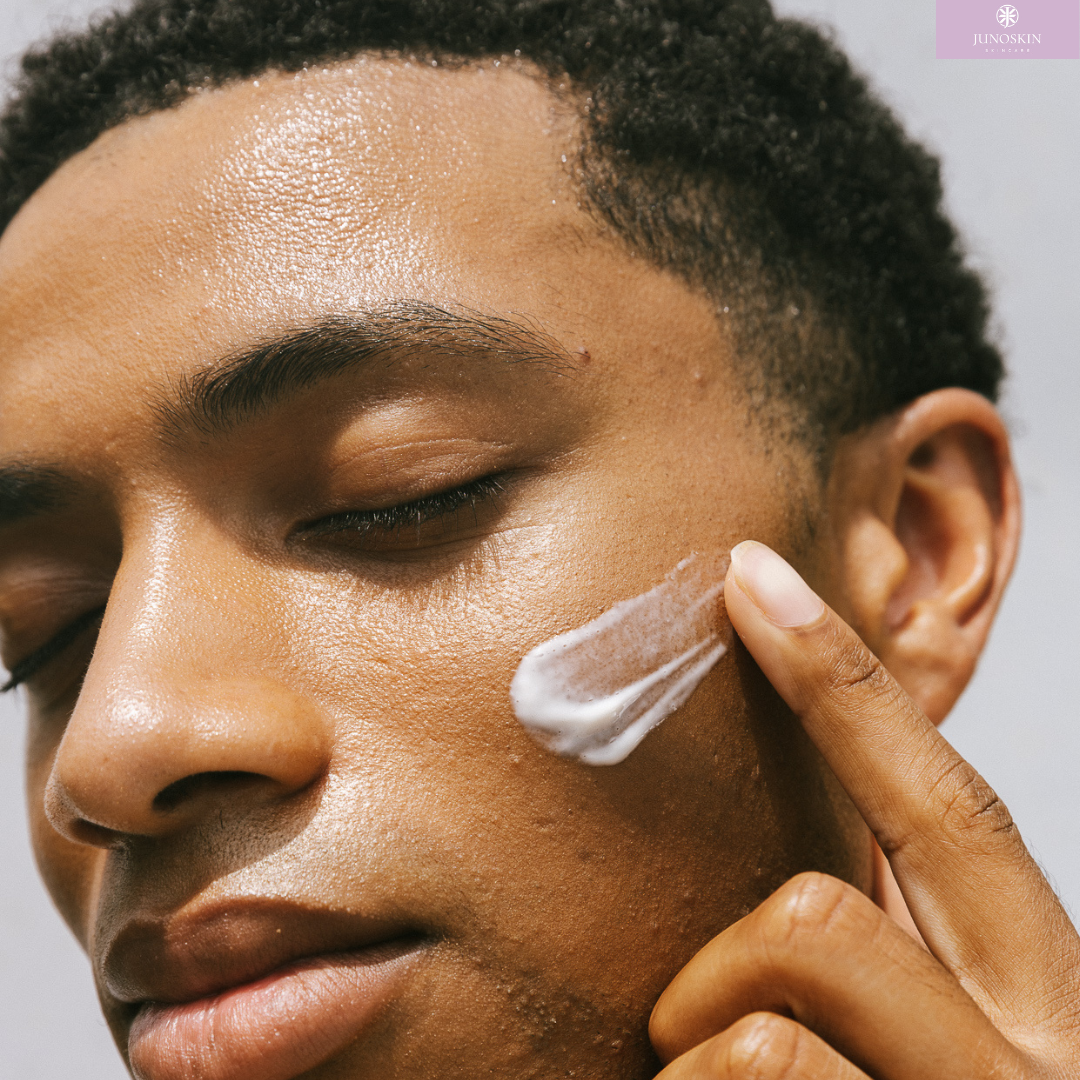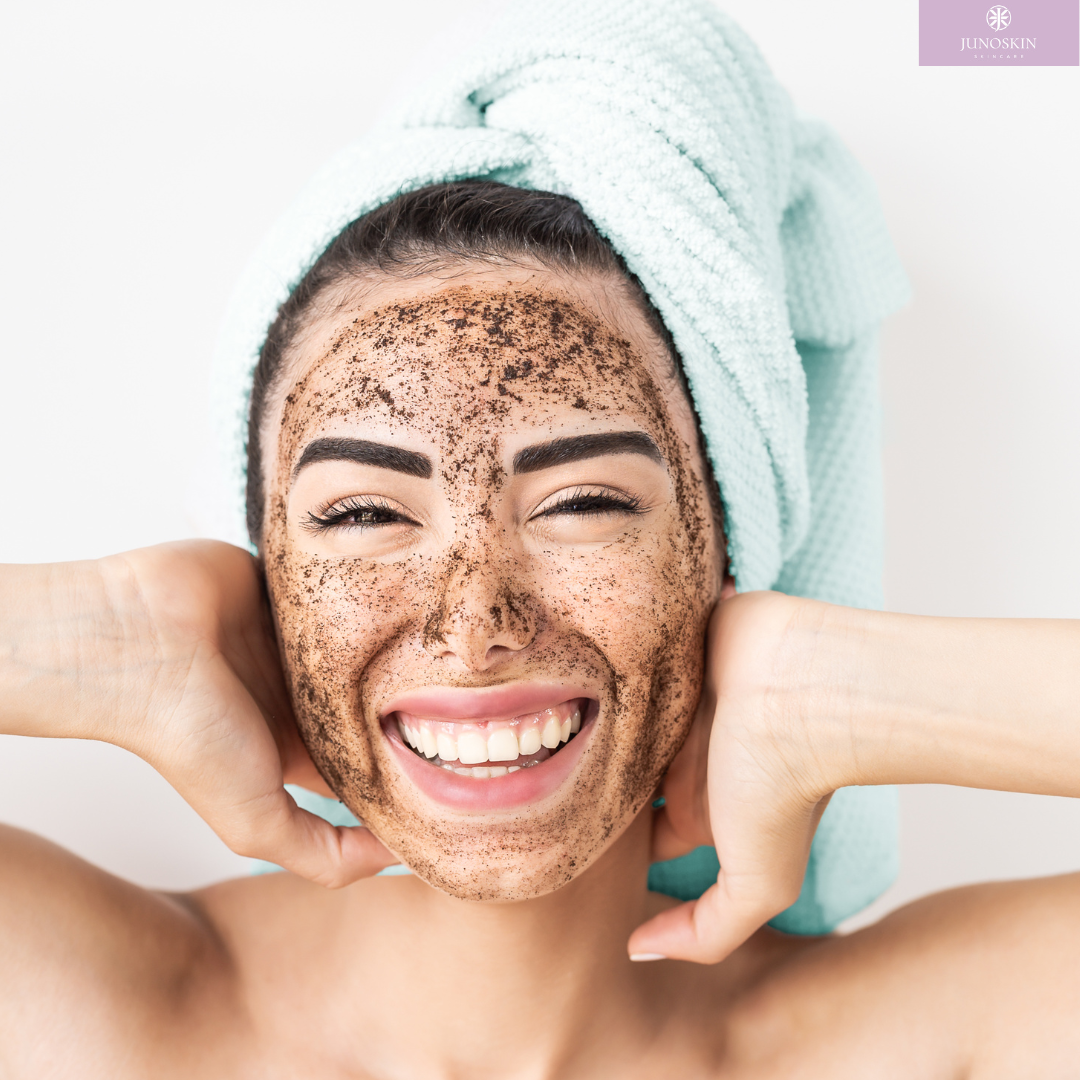What are peptides?
Peptides are short chains of amino acids that can have a variety of benefits for the skin when used in skincare products. Peptides are naturally occurring in the body and play a crucial role in many biological processes, including the production of collagen, elastin, and other proteins that are essential for healthy skin.
Here are some of the benefits of using peptides in skincare:
-
Boost collagen production: Peptides can stimulate collagen production in the skin, which can help to improve skin firmness and reduce the appearance of fine lines and wrinkles.
-
Improve skin texture: Peptides can help to smooth out skin texture and reduce the appearance of uneven skin tone, pigmentation, and scarring.
-
Enhance skin hydration: Some peptides can help to increase skin hydration by improving the skin barrier function, which can help to reduce dryness and improve overall skin health.
-
Reduce inflammation: Peptides can have anti-inflammatory properties, which can help to soothe and calm irritated skin and reduce the redness associated with acne, rosacea, and other inflammatory skin conditions.
-
Enhance wound healing: Some peptides can help to speed up the healing process of wounds and injuries, including those caused by acne or other skin conditions.
Peptides are typically found in serums, moisturisers, and other skincare products. They can be used in conjunction with other active ingredients, such as antioxidants, retinoids, and AHAs, to create a comprehensive skincare routine that targets multiple skin concerns.
Who should avoid using peptides?
Peptides are generally safe for most people to use in their skincare routine. They are generally well tolerated by people with sensitive skin, rarely causing irritation.
People with certain medical conditions, such as liver or kidney disease, should consult with their doctor before using skincare products containing peptides. This is because peptides can be metabolised in the liver or kidneys, and individuals with compromised liver or kidney function may not be able to effectively process them.
Peptides are generally considered safe for use during pregnancy/breastfeeding – there's no research proving they're a problem for topical use.





